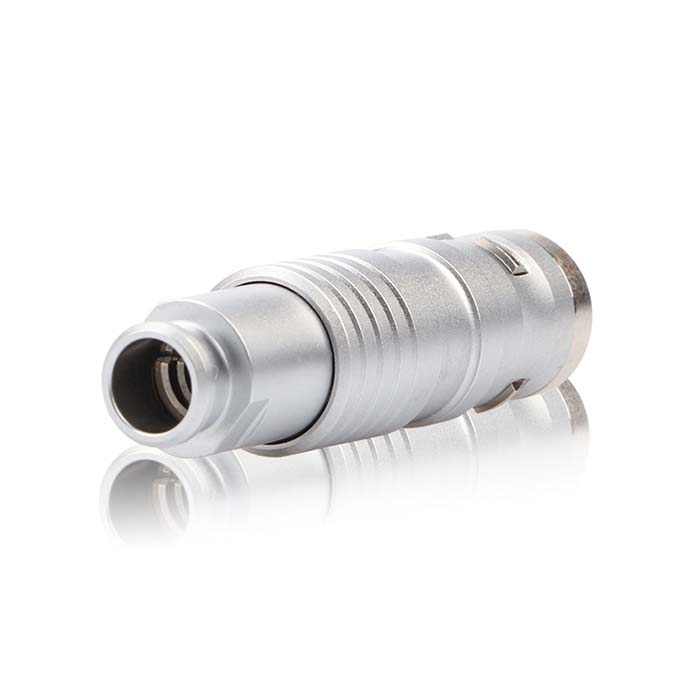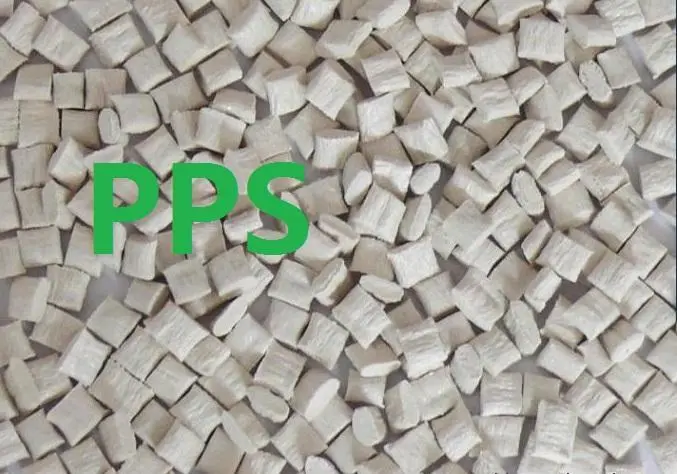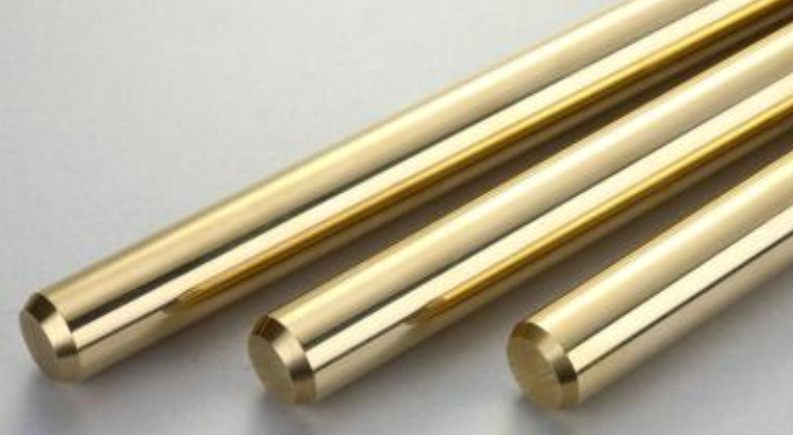
1. Contact material
The materials selected for the contact parts shall meet the electrical and mechanical properties requirements, while ensuring ease of processing and low cost. Performance requirements mainly refer to low contact resistance and good electrical conductivity throughout the life of the material, which is related to the surface properties, elastic modulus and stress relaxation characteristics. Common contact materials are: copper, brass, tin bronze, beryllium bronze, copper alloy, steel and nickel.
2. Insulation material
The insulation material must meet the electrical, temperature, and mechanical properties requirements. Generally, the insulation material is selected based on the electrical properties, working temperature, and mechanical and environmental requirements of the electrical connector. The electrical properties mainly depend on the dielectric properties and volume resistivity of the material, the operating temperature depends on the thermal deformation temperature of the material, and the mechanical properties depend on the impact strength and bending strength of the material. Common insulating materials include thermoplastics (such as polyamide, polyvinyl chloride, ABS, PTFE, polyester, polyphenyl ether, etc.) and thermosetting plastics (such as phenolic resin, urine formaldehyde, DAP, epoxy resin, etc.).
Moco commonly used insulator material
PPS: Low edition PEEK, most of our insulators are PPS
Polyether ether ketone PEEK: high temperature resistance 250°-300°, good toughness, a few customers customized use;
PTFE: For our coaxial insulators.

3. Shell material
Depends on the structure of the electric connector shell material strength, corrosion resistance and electromagnetic shielding requirements, such as the shell material not only should have enough strength, and to have better surface coating and lighter weight, in view of these principles, usually with copper alloy, aluminum alloy shell material, some in order to ensure reliable seawater corrosion, stainless steel shell material.

4. Connector coating
Contact parts and shell and other main parts, in order to meet the specified performance requirements, maintain weldability, prevent corrosion, improve wear resistance and mechanical life, to ensure that the low level circuit contact parts can work reliably under the normally closed state, the surface should be electroplated. Coating materials can be divided into precious metals (gold, rhodium, palladium and platinum, etc.) and non-precious metals (tin, lead, tin-lead alloy and nickel, etc.). Gold-plated contact parts have excellent corrosion resistance, wear resistance and low contact resistance, and are widely used in highly reliable military electrical connectors.